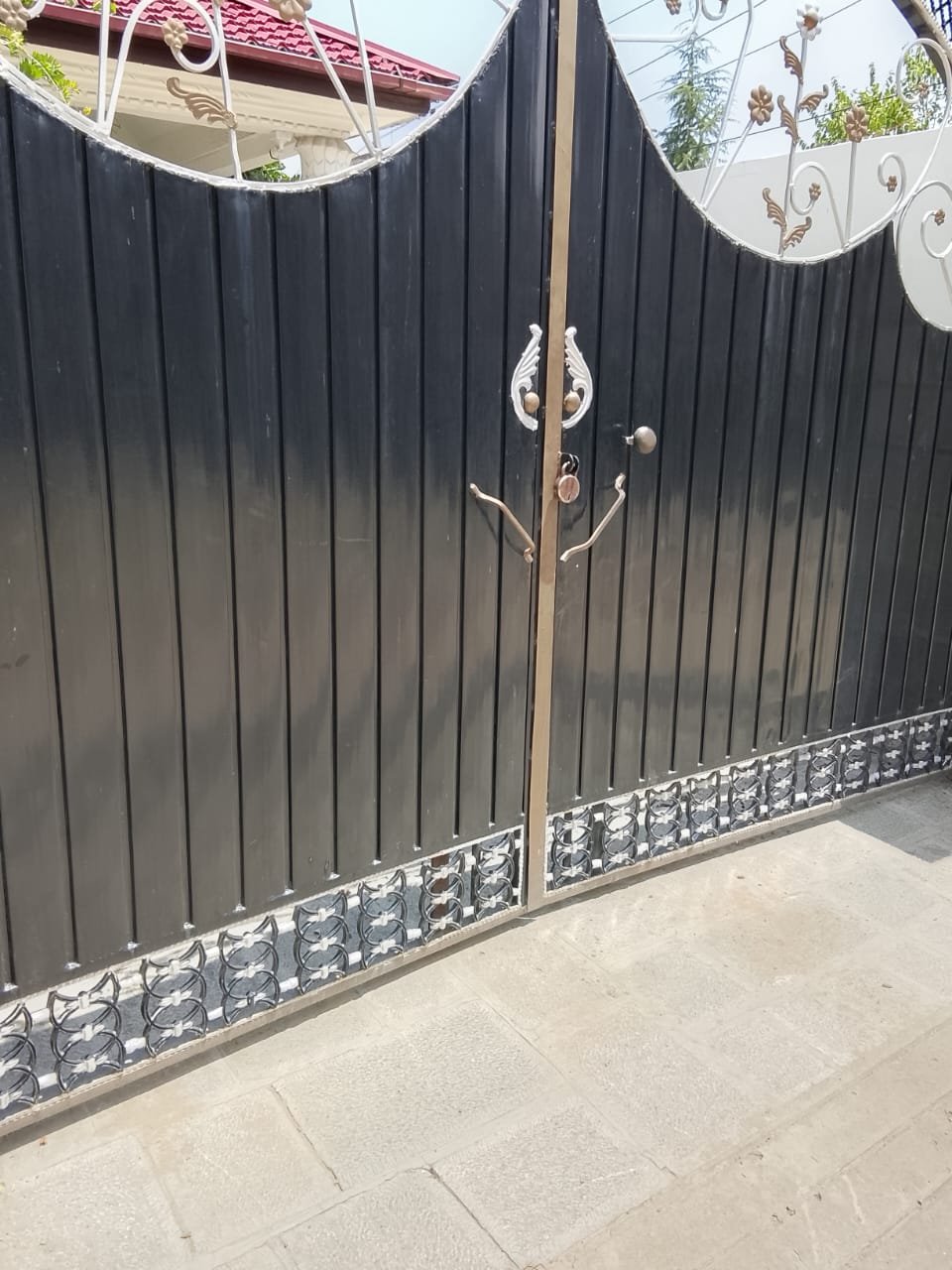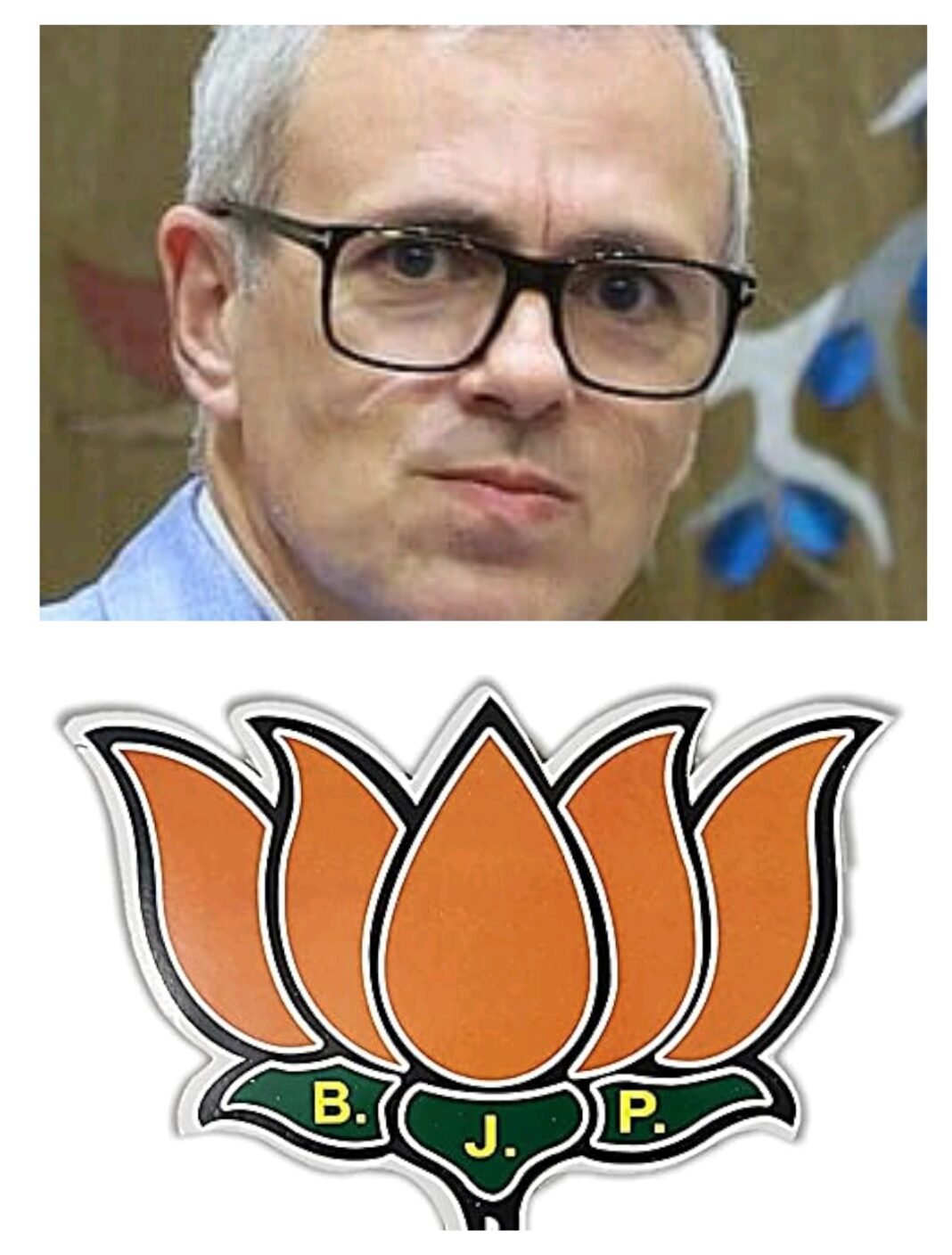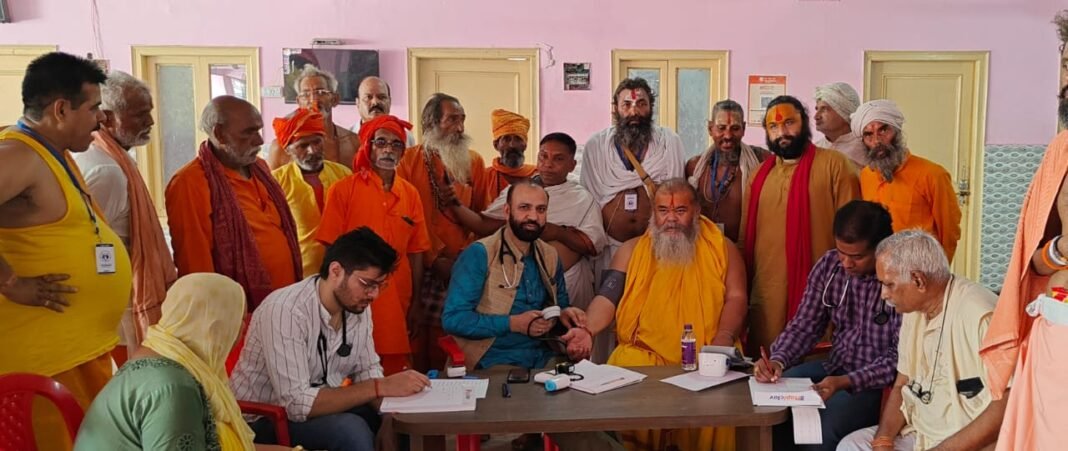Diplomat Correspondent
Srinagar, DD, In a move that has sparked strong condemnation from political and social quarters, former Minister and Chief Patron of the Gujjar Bakarwal Conference, Aijaz Ahmad Khan, was today not allowed to step out of his residence in Srinagar.
He, along with several other mainstream political leaders, had planned to visit the Mazar-e-Shohada (Martyrs’ Graveyard) to pay homage to the martyrs of July 13, 1931.
According to reports, the Jammu and Kashmir Union Territory administration imposed severe restrictions on the movement of political leaders since early morning, effectively placing many of them under house arrest. Khan denounced the administration’s actions, terming them a “shameful act” and a “mockery of democracy.”
In a strongly worded statement, Aijaz Ahmad Khan said:
“The martyrs of July 13 sacrificed their lives for democracy, justice, and the rights of the people. Not being allowed to pay them respect is an act of dictatorship. Today, our residences have been turned into jails. It is highly unfortunate and disgraceful to lock elected leaders inside their homes.”
He further added: “All the slogans of the so-called ‘New Jammu and Kashmir’ are hollow. This administration is curbing even the basic right to remember our martyrs. What kind of democracy is this where peaceful homage is met with lockdowns and restrictions?”
Units of the Gujjar Bakarwal Conference across Jammu and Kashmir have also condemned the administration’s move, calling it undemocratic and unjustified.
In a joint statement, the Conference said that Khan’s planned visit was purely to pay his respects and not political in nature, and the restrictions placed on him reflect the administration’s growing intolerance towards democratic expression.
Every year on July 13, people across Jammu and Kashmir commemorate the martyrdom of those who laid down their lives in 1931 while protesting against the Dogra regime.
However, in recent years, restrictions on political movements and commemorative events have become more frequent, especially under the Union Territory administration, drawing criticism from civil society, political parties, and human rights groups.
Khan concluded by demanding that the government respect democratic values and allow elected representatives and citizens to observe historical events without interference.DD





